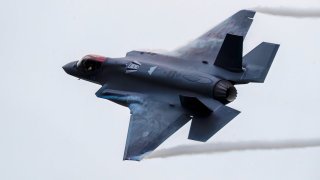Turkey Will Never Get the F-35 Fighter
Despite Turkey’s ongoing efforts, it appears highly unlikely that the nation will be allowed back into the F-35 program due to these unresolved issues and geopolitical factors, including ties with Russia and tensions within NATO.
Summary and Why Turkey Has An F-35 Problem: Turkey's attempt to rejoin the F-35 Joint Strike Fighter program, following its expulsion for adopting the Russian S-400 air-defense system, faces significant hurdles.
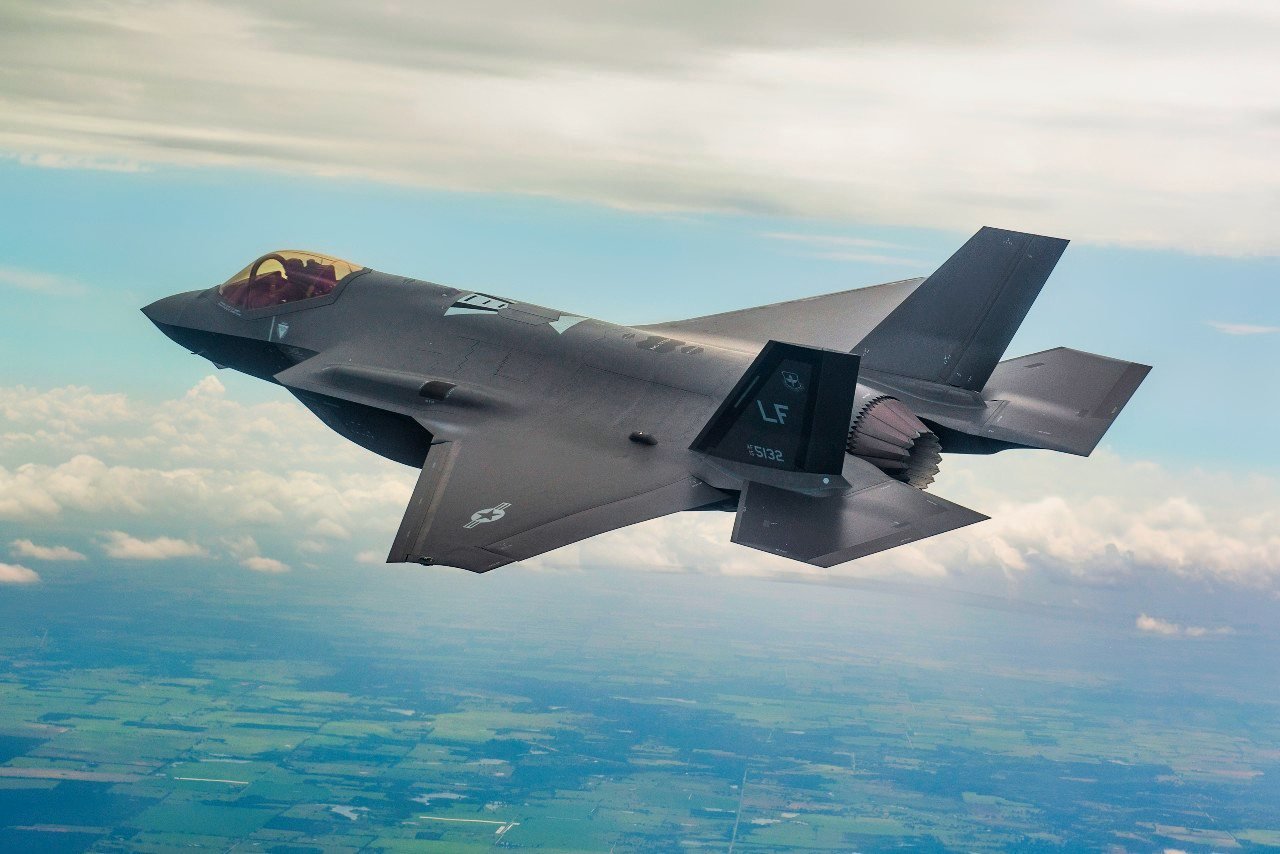
-Ankara has explored options, including selling or boxing up the S-400s, but these proposals are unlikely to satisfy Washington.
-Turkey's adoption of China's Huawei 5G network further complicates the issue, adding another layer of security concerns for the U.S.
-Despite Turkey’s ongoing efforts, it appears highly unlikely that the nation will be allowed back into the F-35 program due to these unresolved issues and geopolitical factors, including ties with Russia and tensions within NATO.
Can Turkey Reenter the F-35 Program by 'Boxing Up' the S-400?
Reports continue to circulate that Turkey is exploring various options to get back into the F-35 Joint Strike Fighter program after being infamously expelled for its adoption of the Russian-made S-400 Triumf air-defense system. Washington and NATO leaders warned that the two systems are not compatible and would put the Lockheed Martin F-35 Lightning II at risk.
Earlier this month, there were calls from a former Turkish minister to sell the S-400 units to India or Pakistan, while previously there had been suggestions that Ankara should provide the systems to Ukraine.
It now seems that Turkey is looking at keeping its air-defense systems – and literally boxing it up! The S-400s would remain in the arsenal of the NATO member but simply wouldn't be activated. Lawmakers in Ankara have proposed, "Let's put them in boxes, you [the United States] inspect them."
Such a proposal isn't likely to gain traction with Washington, and as Forbes.com reported, Turkey has tested the radars and even fired a test missile – but, acknowledged that it hasn't been "integrated it into its broader air defenses nor put it into operation as a standalone system. Former Defense Minister Hulusi Akar insisted in 2022 that the missiles were ready for operation whenever needed."
Pakistan and the F-16s
The United States has dealt with a similar issue in the past – notably Pakistan's adoption of the F-16 Fighting Falcon, and Washington reached an agreement with Islamabad that would monitor how the Pakistani Air Force employs the aircraft.
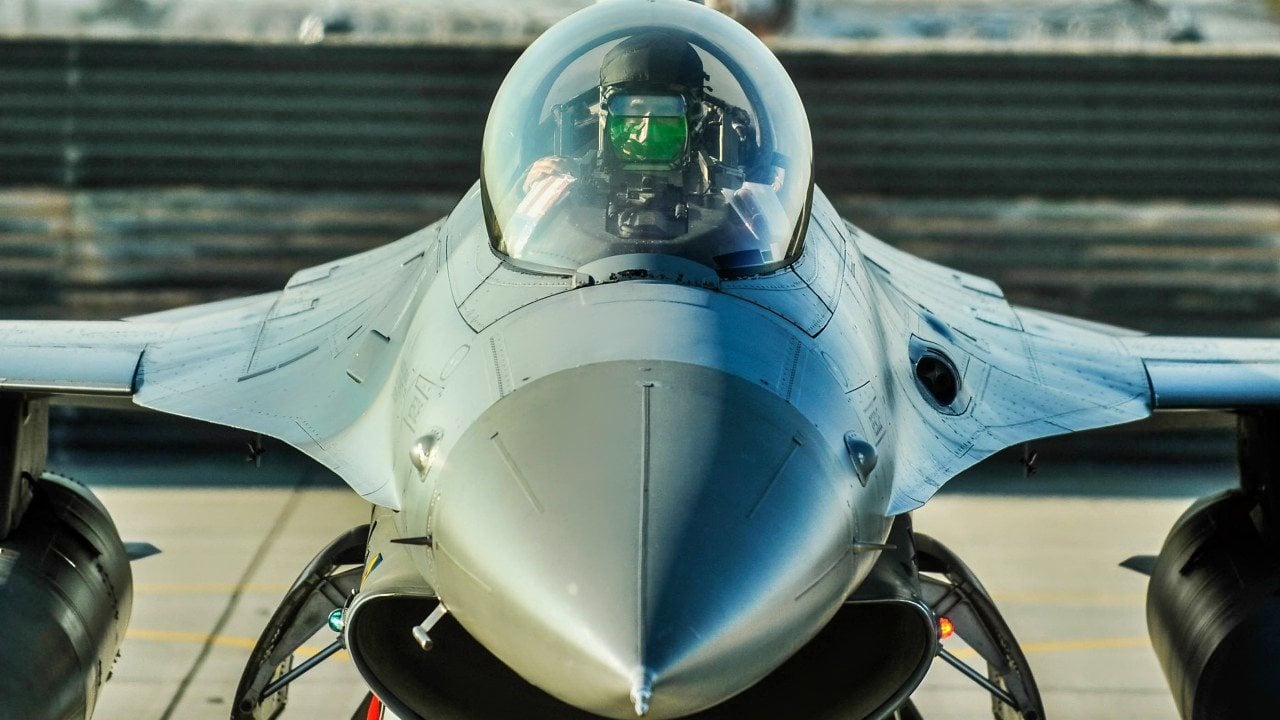
"When it approved the sale of advanced F-16s to Pakistan and the upgrade of older models, the United States also insisted on an unprecedented level of oversight of the program. In order to protect the technology it was exporting, Washington required Islamabad to accept and pay for the deployment of a U.S. technical security team at the Shahbaz and Mushaf air force bases the two locations where the advanced F-16s were to be deployed," War on the Rocks reported in 2020 in its analysis on how Turkey could reenter the F-35 program.
Ankara could be subjected to a similar agreement, but as Bloomberg reported in February, Turkey has shown a preference to keep its S-400s rather than finding a way back to the F-35s – in part as it seeks to develop its own fifth-generation stealth fighter.
More Than the S-400
The Russian-made S-400 Triumf is just one concern for the U.S. Washington has also seen the adoption of China's Huawaei 5G network as an issue, and Simple Flying also noted that it served as a sticking point that derailed the F-35 sale to the United Arab Emirates (UAE), which had sought to acquire the fifth-generation stealth fighter during the Trump administration.
That deal fell apart after the election of President Joe Biden but is seen as entirely dead in the water, even if Trump returns to the White House over concerns related to safeguarding the F-35 from Chinese espionage. Turkey is currently installing the Chinese-made 5G network, and that may remain a serious sticking point.
In 2020, the UK reversed course on a planned 5G network that was to have been built out by the Chinese-based tech giant. Washington and other members of the "Five Eyes Alliance" – the intelligence-sharing arrangement between the English-speaking democracies including the United States, the United Kingdom, Australia, Canada, and New Zealand – had voiced concerns about London's decision to award Huawei the contract.
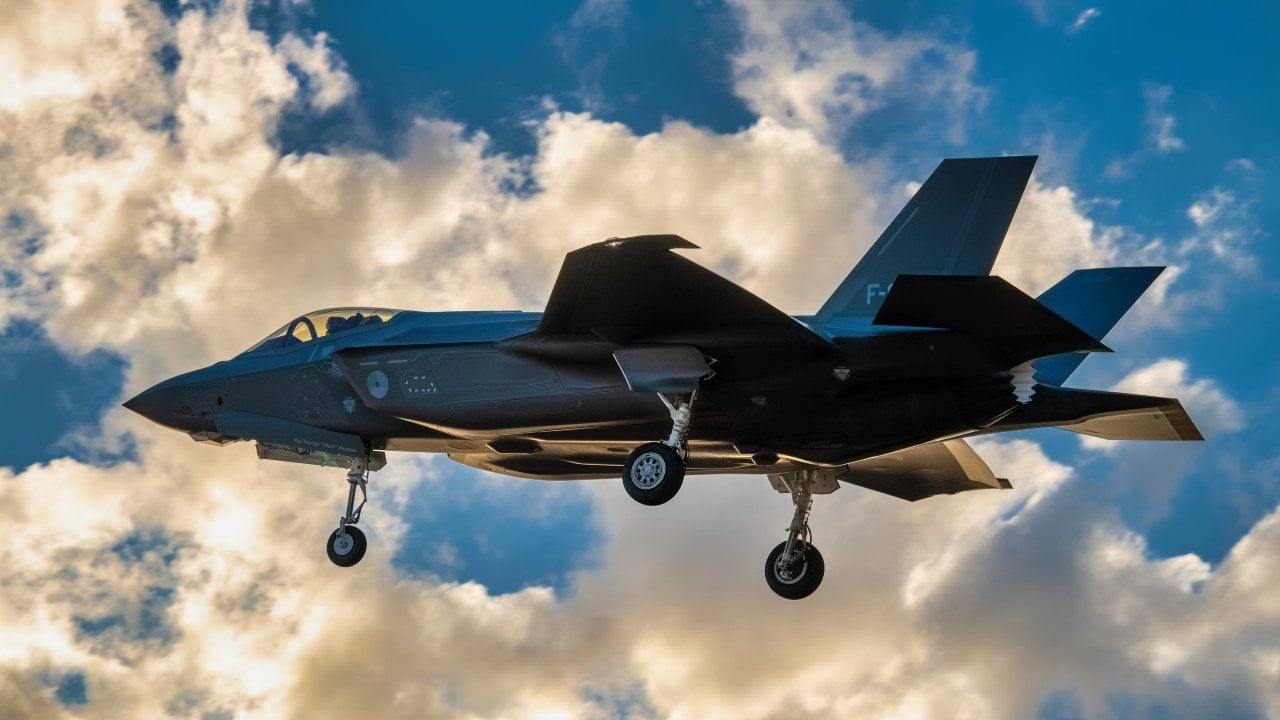
In 2019, the United States placed trade restrictions on Huawei and blocked American companies from doing business with the Chinese firm. The U.S. has said Huawei represents a major security risk due to allegations that the company has ties to the Chinese state and could be forced to spy for Beijing, something the company has strongly denied.
Never Say Never – But Turkey Will Never Get the F-35
While it does look like Turkey will continue to find a way back to the F-35 program, it almost certainly will never happen. Ankara seems committed to keeping the S-400 Triumf, and having the system inactive won't be enough to satisfy Washington or NATO.
Russia may not even allow Turkey to sell the S-400 were Ankara considering it. There is nothing to gain for Moscow from such a deal, and the Kremlin may like the cracks that Turkey's adoption of the air-defense system has resulted in.
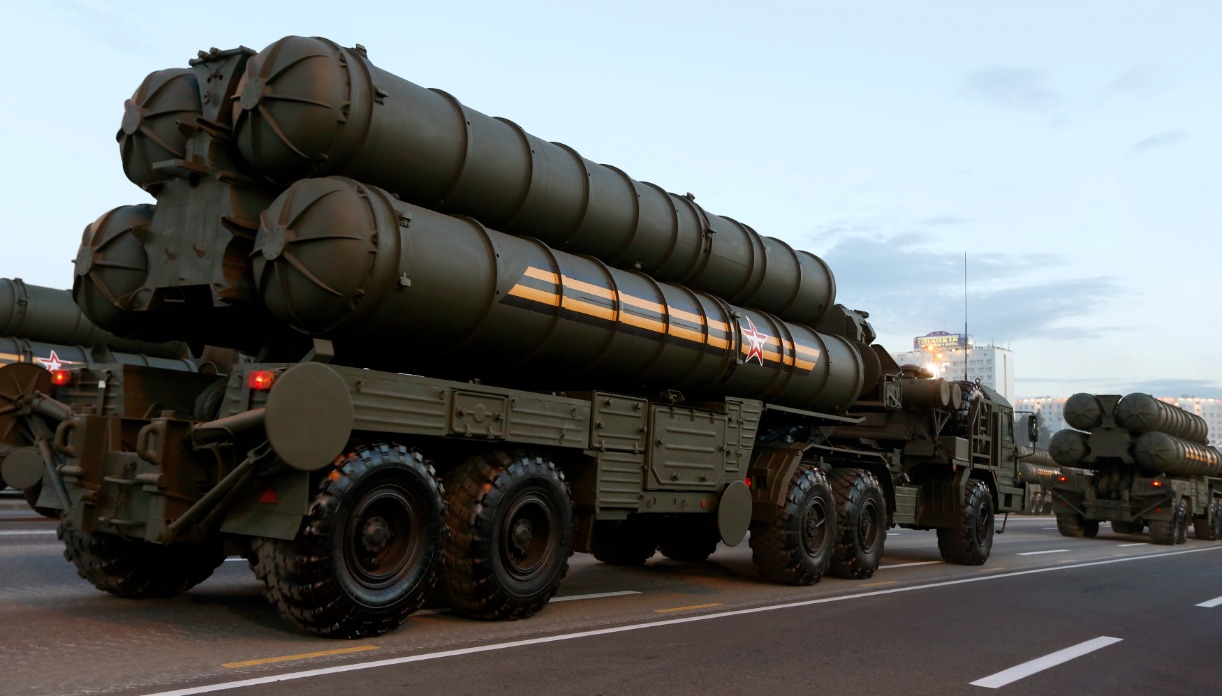
Couple that with the 5G network, Turkey's rocky relationship with regional rival (and NATO member) Greece, and finally Ankara's ties with Moscow, and there is little reason to believe Turkish pilots will ever be in the cockpit of the F-35.
Author Experience and Expertise: Peter Suciu
Peter Suciu is a Michigan-based writer. He has contributed to more than four dozen magazines, newspapers, and websites with over 3,200 published pieces over a twenty-year career in journalism. He regularly writes about military hardware, firearms history, cybersecurity, politics, and international affairs. Peter is also a Contributing Writer for Forbes and Clearance Jobs. You can follow him on Twitter: @PeterSuciu. You can email the author: [email protected].
Image Credit: Creative Commons.


